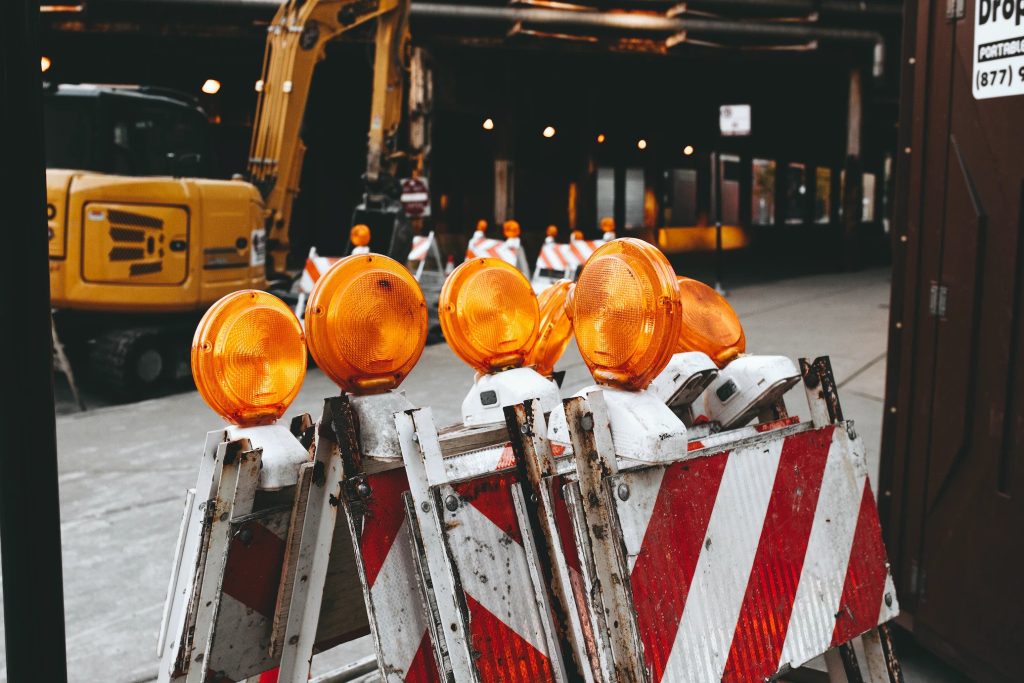Health and safety is a critical topic across all industries bidding for public sector contracts, including construction, facilities management and health and social care. Our team of bid and tender writers draft bespoke responses covering health and safety on a daily basis, supporting clients to complete high-quality tender submissions.
Health and safety PQQs and SQs
Buyers such as local councils and housing associations occasionally issue a solitary heath and safety selection questionnaire or PQQ as the first stage of the tender process. This provides authorities with extra certainty that tenderers have suitable and sufficient means of mitigating risks from potential hazards. Questions found within health and safety SQs could comprise:
- Communicating and consulting with your workforce, including subcontracting partners, to ensure they are active participants in your organisational health and safety strategies
- Outlining your methods for capturing hazards in risk assessments and safe systems of work, including those which could affect members of the public or other contractors
- Processes for keeping employees up to date with current legislation by communicating updates through meetings or toolbox talks, formally explaining changes and how it would impact working processes
- Experience acting as a principal designer or contractor in alignment with Construction (Design and Management) Regulations 2015, and how this would inform health and safety approaches for the current contract.
This format is typically employed for construction tenders or hard facilities management tenders, such as gas servicing or mechanical and electrical works. However, they are occasionally used in other sectors with enhanced health and safety concerns, such as health and social care.
Mandatory certifications and accreditations
Due to the emphasis on delivering works or services in a safe, legally compliant manner, authorities may also choose to make certain certifications mandatory requirements of a tender submission. If your organisation does not hold the relevant accreditations, your bid will be automatically disqualified. Examples include the following:
- ISO 45001:2018 is an internationally recognised accreditation which provides assurance to clients and buyers of the quality of your health and safety management system.
- CHAS is a UK-based certification scheme for a variety of industries and sectors, split into three different membership options – Standard, Advanced and Elite.
- Constructionline Gold demonstrates commitment to health and safety, quality and compliance in delivering works and services.
- SafeContractor approval is utilised by over 35,000 contractors and suppliers to demonstrate the efficacy and resilience of their health and safety processes across the UK.
Certain accreditations can also help you avoid filling out additional documents or appendices, such as PAS 91 or a supplementary health and safety questionnaire. Typically, this involves certifications from an SSIP-accredited member scheme outlined above – saving significant time and creating efficiencies in the tender process.
Site-specific health and safety concerns
Additional considerations may be site-specific characteristics which could alter or adjust standard health and safety procedures. This could be related to common challenges authorities have encountered, something which has caused previous performance issues in the past or a concern raised by residents, service users or the buyer’s representatives. Examples of site-specific concerns include, but are not limited to:
- Working in high-rise residential buildings in compliance with new Building Safety Act regulations, while also preserving the ‘golden thread’ of fire and structural safety information
- Managing works around asbestos-containing materials delivering comprehensive asbestos awareness training to staff, providing appropriate PPE (such as FFP3 masks) and consulting the authority’s asbestos register prior to commencing works
- Delivering works in conjunction with other subcontractors, particularly if works include overlapping workstreams or if there are multiple suppliers awarded to the contract – for example, under framework agreements
- Accessing difficult-to-reach areas within a worksite, such as crawl spaces or working at height, and how works will be conducted in accordance with relevant health and safety legislation, e.g. The Confined Spaces Regulations 1997 and Work at Height Regulations 2005.
Across all site-specific considerations, the buyer will expect you to have strong processes in place for identifying and controlling risks, ensure operatives are trained to carry out dynamic risk assessments and real-time lines of communication should operatives feel they need advice from an internal or external subject matter expert.
Ensuring public safety
Health and safety processes and procedures do not just extend to your operatives or subcontracting partners. Tender question sets may also include how you will manage the health and safety of members of the public, including residents, tenants and visitors to properties or active worksites. At minimum, responses should include the following details:
- Segregation of active work sites through the use of barriers, access control points, clear signposting and secure storage for any materials and equipment used to deliver works or services.
- Enhanced processes for working with vulnerable residents or service users and how you would ensure the safety of all parties – for example, through enhanced safeguarding training.
- Site tidiness and clean-up procedures, particularly in tenanted properties, to mitigate risk of worksite injuries – for instance, slips, trips and falls due to equipment or extension leads trailed around a property.
Our processes for responding to health and safety questions within a tender, and their importance to purchasing authorities is informed by 14 years of experience and over 7,000 PQQ, SQ and ITT submissions – the majority of which have a health and safety element. Chat today with our sales and marketing team at 0800 612 5563 or info@executivecompass.co.uk if you would like to learn more or obtain a free, no-obligation quotation for our bid and tender services.
